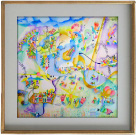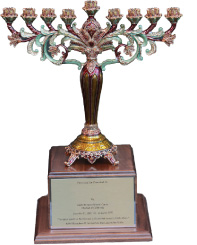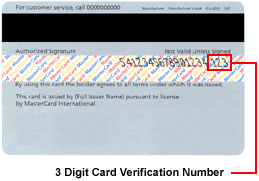 Drug Rehabilitation
Drug Rehabilitation
Today more than ever the destructive effects of drug and alcohol abuse threaten every facet of society. For people from all walks of life, drugs too often become a way of coping with unhappiness, loneliness, fear, and stress. The consequences of addiction on their lives -- and on the lives of those around them -- can be truly devastating.
Since 1972 thousands of men from all faiths, all races and all backgrounds have received successful treatment at the Chabad Residential Drug Treatment Center in Los Angeles -- America’s first nonsectarian rehab program run under Jewish auspices. The program has won lasting acclaim by achieving success rates well above the national avera.
Chabad views drug and alcohol abuse as a symptom of a deeper problem, and has designed a program that uses psychological therapy and a Twelve Step model to concentrate on the underlying issues that contribute to dependence. We focus on establishing a structure that promotes recovery and improves the quality of life, placing special significance on ethical and moral growth that is so vital to the development of personal integrity.
The goal of the Residential Drug Treatment Center is to give each client the foundation and motivation to lead a drug-free lifestyle as a confident, productive member of society. The Center works to ensure that each graduate has the tools to effectively cope with the psychological, environmental, emotional, and interpersonal triggers of relapse.
Website: http://www.chabadrehab.com/
Average Annual Figures – 1972-2009
• 69 full-time clients • 1,560 units outpatient care • 9,314 hours individual psychotherapy • 9,868 hours group therapy • 2,756 hours job counseling • 13,780 hours physical activity • 19,345 units shelter • 58,035 meals served • 21 clinical staff • 23 auxiliary staff • Accreditation: National Institute on Drug Abuse, Washington, DC; L.A. County Drug Abuse Office
Take a Closer Look
Second Chance at Life
Larry King talks with Curb Your Enthusiasm director Tom Kramer about his miraculous recovery at the Chabad Residential Treatment Center.
Tom Arnold’s Visit
A Personal Story of Recovery

 $180
$180 $360
$360  $500
$500  $1,000
$1,000  $1,800
$1,800 
